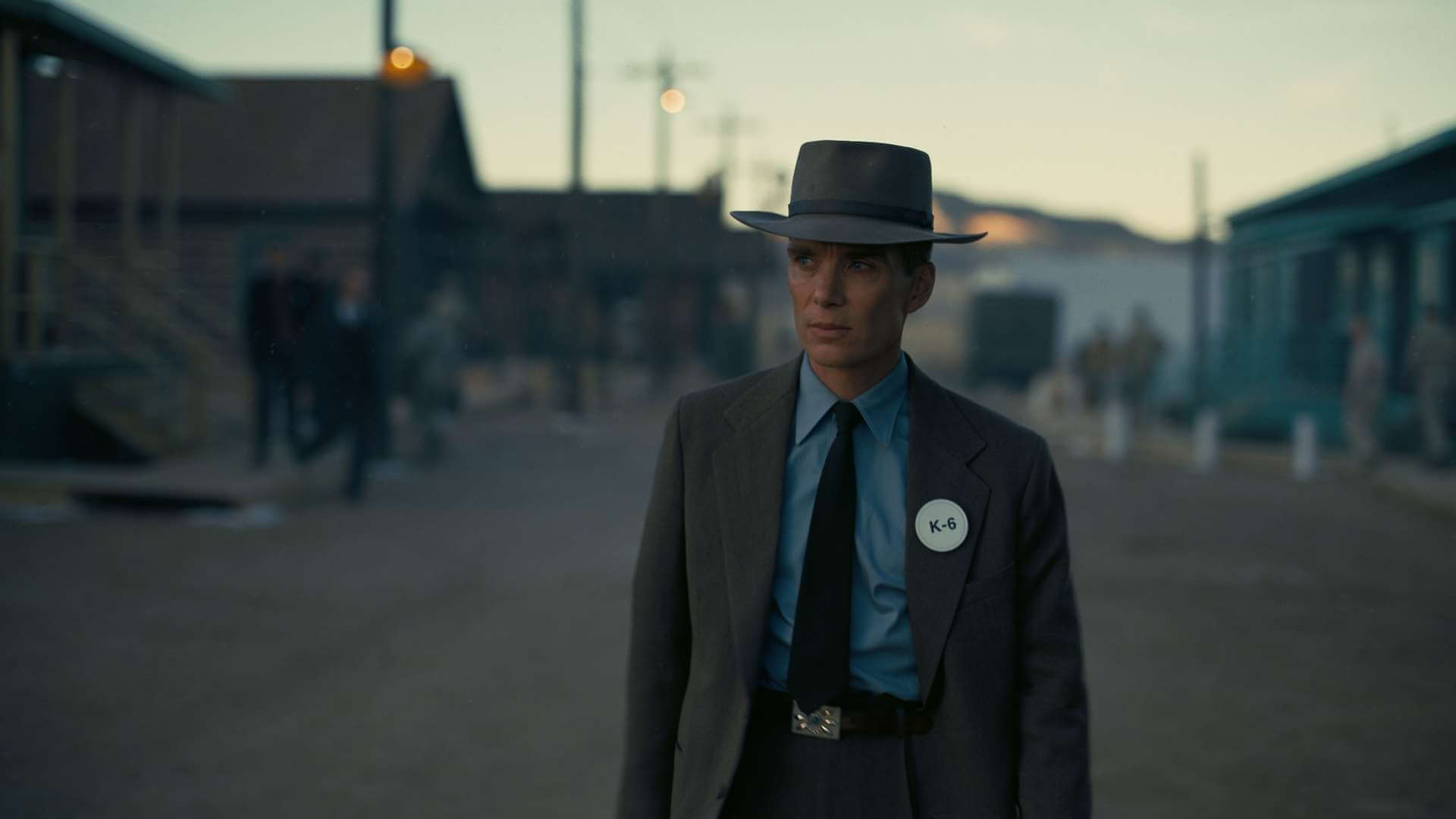
Oppenheimer’s cinematic marvel detonates expectations
Christopher Nolan has outdone himself with Oppenheimer, delivering a gripping biographical drama that explores the life of J. Robert Oppenheimer, the “father of the atomic bomb.” From the outset, the film plunges the audience into the mind of Oppenheimer, played with astounding precision by Cillian Murphy. Nolan’s signature style, combining complex narratives with visual spectacle, is on full display, yet this time it’s the human element, rather than the spectacle itself, that drives the story forward.
The film operates as both a character study and a historical epic, with Nolan using non-linear storytelling to weave together the events leading up to the detonation at Los Alamos and the haunting aftermath. Cillian Murphy’s portrayal of Oppenheimer is nothing short of mesmerizing; his eyes convey the weight of a man torn between scientific achievement and the moral consequences of his creation. Alongside Murphy, the supporting cast, including Robert Downey Jr. and Emily Blunt, bring depth to the narrative. Downey Jr.’s portrayal of Lewis Strauss is particularly memorable, injecting a mix of charisma and menace that complements the movie’s heavy themes.
In true Nolan fashion, Oppenheimer is visually stunning. The cinematography is hauntingly beautiful, with each frame meticulously crafted to capture both the grandeur and horror of the events. The visuals, combined with Ludwig Göransson’s haunting score, create an atmosphere that oscillates between the thrill of discovery and the dread of its implications. Nolan also skillfully navigates the scientific and philosophical underpinnings of Oppenheimer’s work without overwhelming the audience, ensuring the film remains accessible to viewers not versed in atomic theory.
However, Oppenheimer is not without its flaws. At times, the film’s pacing feels uneven, particularly when it delves into the more intricate political aftermath of the Manhattan Project. The second half of the movie slows as it explores Oppenheimer’s later life and struggles, which may leave some viewers yearning for the more intense momentum of the first half. Yet, these moments also serve to underscore the emotional and ethical turmoil faced by Oppenheimer, grounding the story in a harsh, post-war reality.
Overall, Oppenheimer is a monumental cinematic experience that showcases Nolan’s strengths as a filmmaker. It’s a historical drama that’s as much about the power of human intellect as it is a cautionary tale about the consequences of wielding that power. With a powerhouse performance by Murphy and a thought-provoking script, the film doesn’t just depict history—it forces us to confront it. It’s an explosive achievement that resonates long after the credits roll.






